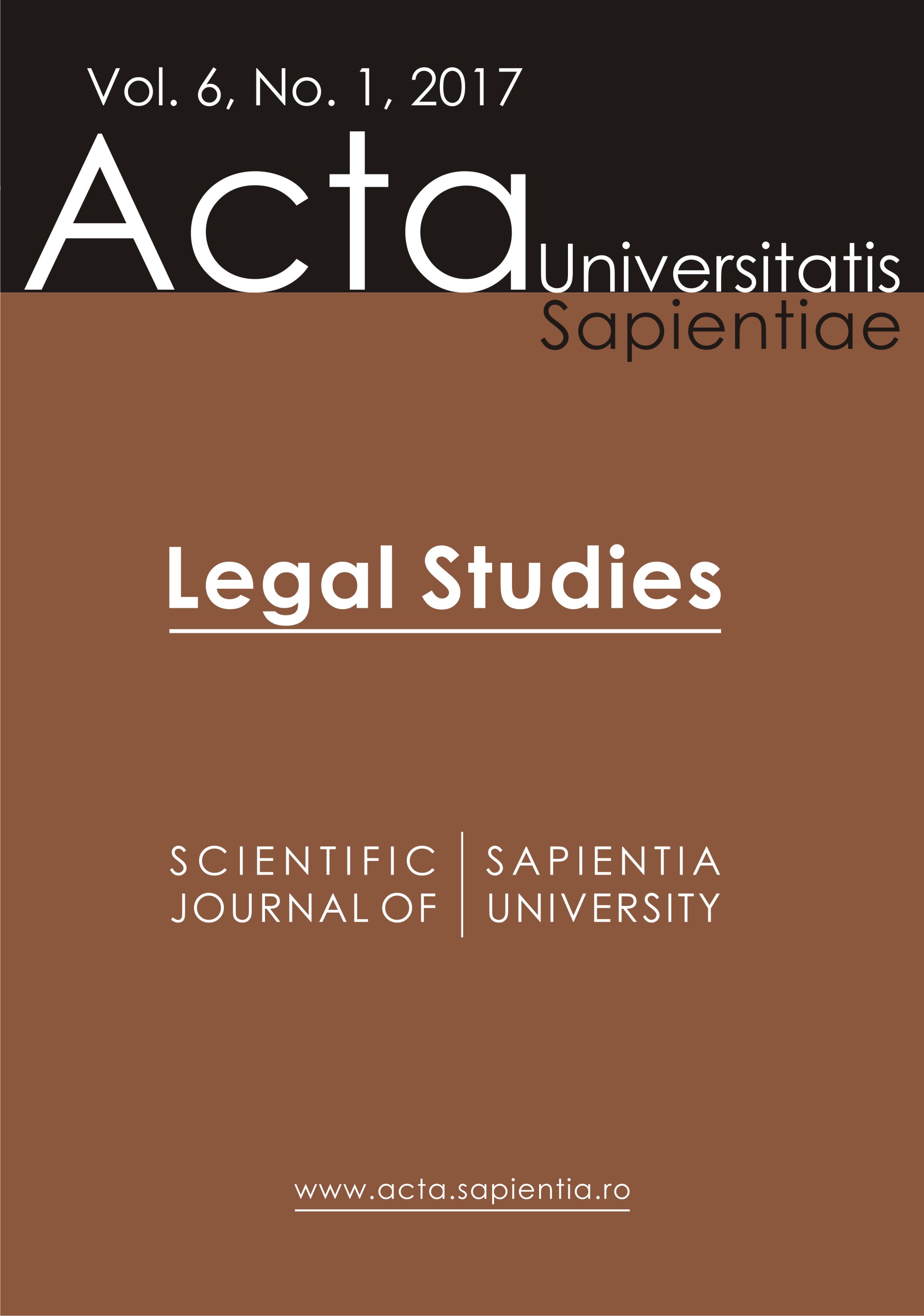The Classification of Actions Running Counter to the Statutory Definition of Harassment and the Questions Related to Providing Evidence
The Classification of Actions Running Counter to the Statutory Definition of Harassment and the Questions Related to Providing Evidence
Author(s): Viktor BércesSubject(s): Law, Constitution, Jurisprudence, Criminal Law, Civil Law
Published by: Scientia Kiadó
Summary/Abstract: The statutory definition of harassment can be deemed a novel crime in modern legislation. The primary reason for this is that the level of the threat of this crime to society is lower than general, while the weight of the subject of law protected by the statutory definition seems to be lighter as compared to the other values protected by criminal law (e.g. the right to life or property). Basically, it is the social interest of the right to privacy that can be defined as the legal subject of harassment. Of course, this right can also be regarded as a ‘piece’ of the fundamental rights, as the Fundamental Law of Hungary itself also contains provisions on such values which can be related to this subject of law (e.g. it is stipulated by Section (1), Article VI of the Fundamental Law of Hungary that everyone is entitled to have respect for their privacy and family life, home, as well as relationships, from others). In their joint study, Warren and Brandeis urged that the right to privacy be acknowledged as an independent fundamental right in the countries following the system of common law, as early as in the late 19th century. This fundamental right gained importance in Hungary with a slight delay, to which the effective contributions of the Constitutional Court were also required. In its decision of 1994, the latter body declared that: [T]he right to privacy is not defined by the Constitution as a specific, subjective fundamental right but the right to the freedom of privacy is without doubt such a fundamental right aimed at protecting the autonomy of the individual, which arises from the inherent dignity of a human being, of which the general personality right, the right to human dignity, is the subsidiary fundamental right {…}. The right to privacy is the right to personal fulfilment, and the free fulfilment of one’s personality and the protection of autonomy require that {…} the state respect the fundamental rights of a human being, which are inviolable and inalienable. It was in the above spirit that the statutory definition of harassment was incorporated into the previous Hungarian Penal Code (hereinafter referred to as: Penal Code, Act IV of 1978) with effect of January 1, 2008. The statutory definition was supplemented by Act LXXIX of 2008 by including harassment appearing as the occurrence of a life-threatening event, while the aggravated cases of the same action were established by Act XCII of 2008 on the Criminal Code and Other Acts Amendment and Act CLXI of 2010 on the Criminal Code and Other Acts Amendment. The criteria for the criminal act remained unchanged in the new Hungarian Penal Code (Act C of 2012).
Journal: Acta Universitatis Sapientiae, Legal Studies
- Issue Year: 6/2017
- Issue No: 1
- Page Range: 5-24
- Page Count: 20
- Language: English

